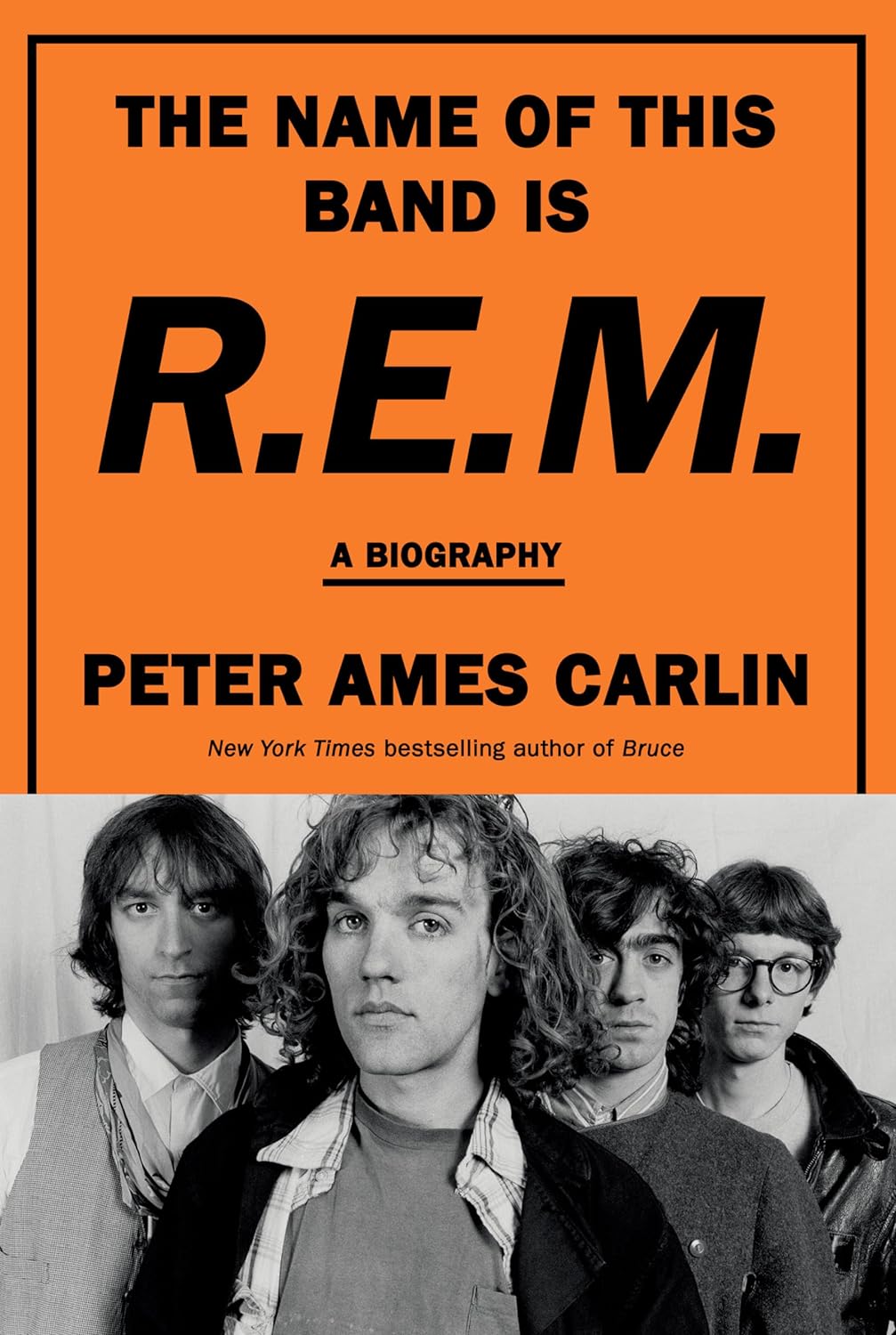What do you think?
Rate this book


464 pages, Hardcover
Published November 5, 2024


That's great—it starts with an earthquake
Birds 'n snakes 'n aeroplanes...
—"The End of the World As We Know It (And I Feel Fine)"
If you don't belong, you belong here.
—p.159